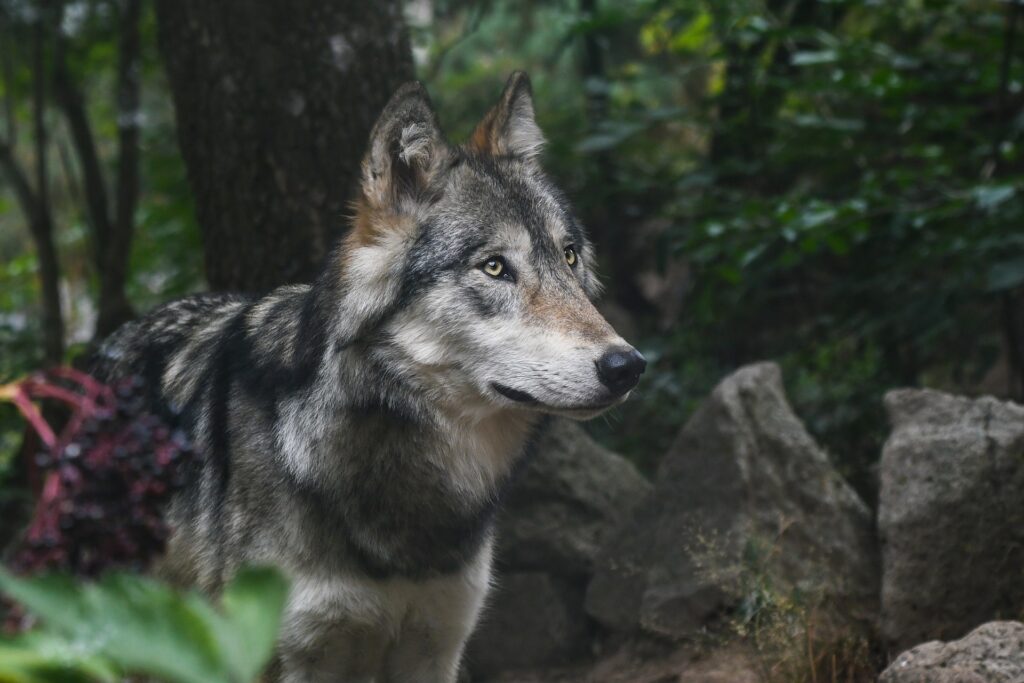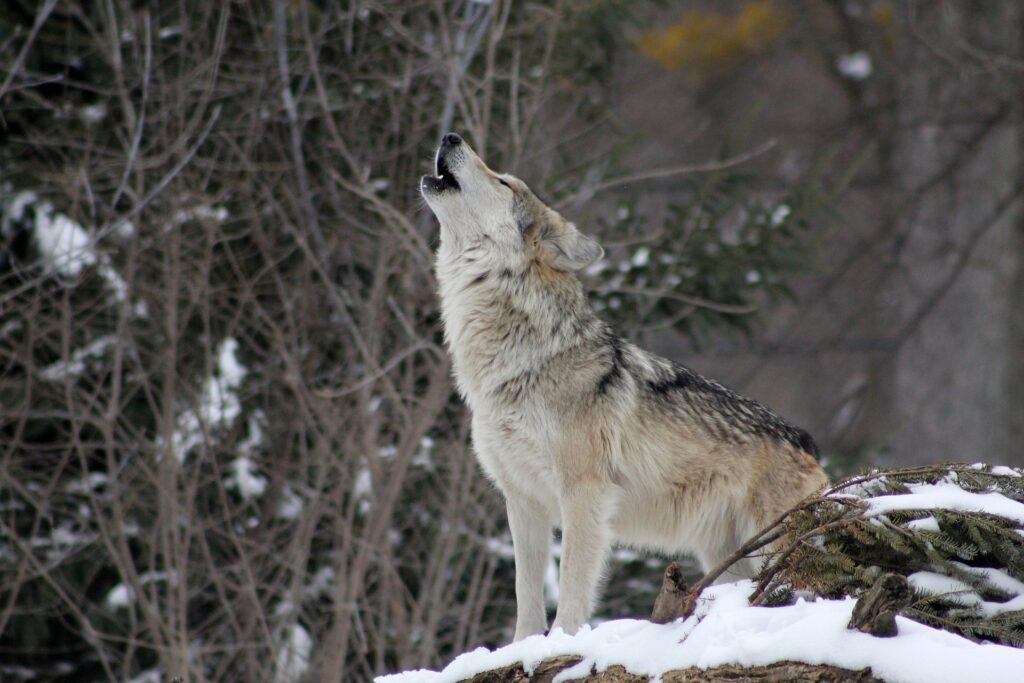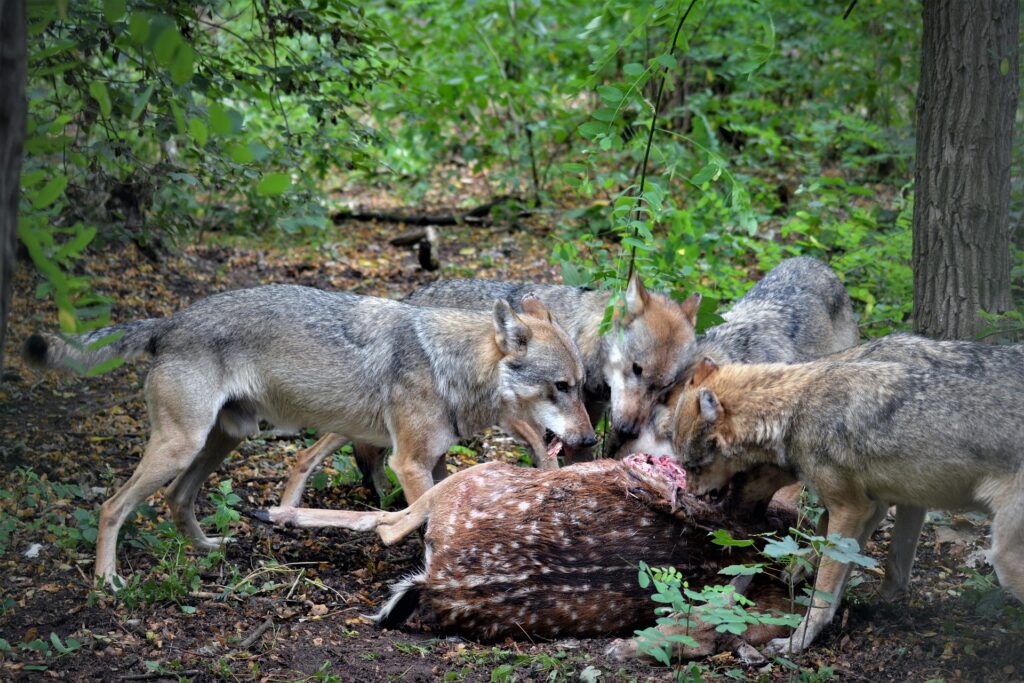The federal government strengthens protection of livestock for the 2022 alpine season
The federal government is making additional funds available for the 2022 alpine season for livestock protection given the increase in the wolves and packs in order to reduce damage to livestock.

Livestock keepers and alpine pasture managers have the option of submitting applications to the cantons for financial contributions for emergency measures. The FOEN then reimburses the cantons for 80 percent of the costs.
For a number of years, wolf populations and their spread have been steadily increasing in Switzerland, as a result, more frequent contacts between wolves and livestock animals cause increased damage, especially in the summer period. To support the traditional alpine economy, the federal government has allocated additional funds totaling 5.7 million francs to strengthen livestock protection in order to finance several urgent measures.
In cooperation with the relevant federal departments and cantons, and in consultation with agricultural circles, the FOEN has defined a number of measures, such as co-financing auxiliary personnel who help herders implement livestock protection measures or promoting mobile housing on isolated mountain pastures. Managers of alpine pastures can submit the appropriate applications to the relevant cantonal departments. The cantons examine the applications and may request the federal government to reimburse 80 percent of the costs.
Elenco dei contributi dell’UFAM per la protezione del bestiame
Liste des contributions de l’OFEV pour les mesures de protection des troupeaux
The additional emergency measures decided by the federal government for the 2022 alpine summer complement the livestock protection measures that have proven their worth (protection dogs and fencing) and will be integrated into the existing enforcement aid concerning livestock protection.
To better support the implementation of livestock protection and wolf management, before the alpine season the FOEN will complement the Swiss Wolf Strategy and the implementation aid concerning livestock protection with other tools, such as a list of criteria to assess which alpine pastures can be protected with a reasonable burden. Parliament is currently working on a new draft amendment to the Hunting Act, which will allow more flexible management of wolves.
The alpine season as candidate for the intangible cultural heritage of UNESCO
Hardy Grazing Livestock: Protectors of the Mountain Landscape

Swiss Wolf Strategy
In close cooperation with the cantons and interested circles, the FOEN has developed the Swiss Wolf Strategy. It is an enforcement aid intended primarily for enforcement authorities and as such concretizes indeterminate legal concepts contained in laws and ordinances with the intention of promoting uniform enforcement. The strategy rests on the following principles and objectives:
- the wolf is part of the indigenous fauna. Its return occurs naturally, as it migrates to Switzerland of its own accord;
- the wolf is protected (Bern Convention and LCP);
- the federal government promotes and coordinates cantonal measures to prevent damage to livestock (Art. 12, para. 5 LCP);
- the federal government contributes 80 percent of the costs due to damage to livestock (Art. 10 OCP);
- where individual wolves cause significant damage, cantons may exceptionally grant permission to cull them;
- Subject to the approval of the FOEN, cantons may issue a culling permit for juvenile wolves in pack-inhabited areas if on their own initiative they roam regularly and spontaneously within or in close proximity to settlements showing aggression or too little fear of humans;
- the return of the wolf is monitored (KORA).

Wolves in Switzerland
Exterminated in the late 19th and early 20th centuries, lynx, wolves and brown bears have since reappeared in the Confederation. Currently, about 150 wolves and at least 15 packs live in Switzerland and their numbers are increasing. With the revision of the hunting law, the Federal Council had drawn up a plan to better regulate the growing wolf populations and thus be able to take into account the needs of mountain regions. In September 2020, the revised hunting law was rejected in a popular vote. As a result, the People also specifically rejected the preventive regulation of wolves.
To address the difficult situation in regions with growing wolf populations, on June 30, 2021, the Federal Council amended the Hunting Ordinance effective July 15, 2021. Said amendment significantly lowered the threshold allowing the culling of wolves. At the same time, the conditions for strengthening livestock protection were improved. Good livestock protection can minimize, but not completely prevent, predation by wolves.
Decisions to cull individual animals that cause damage are the responsibility of the cantons. If they want to intervene in a pack, the cantons need permission from the Federal Office for the Environment (FOEN).
Source: bafu.admin.ch





